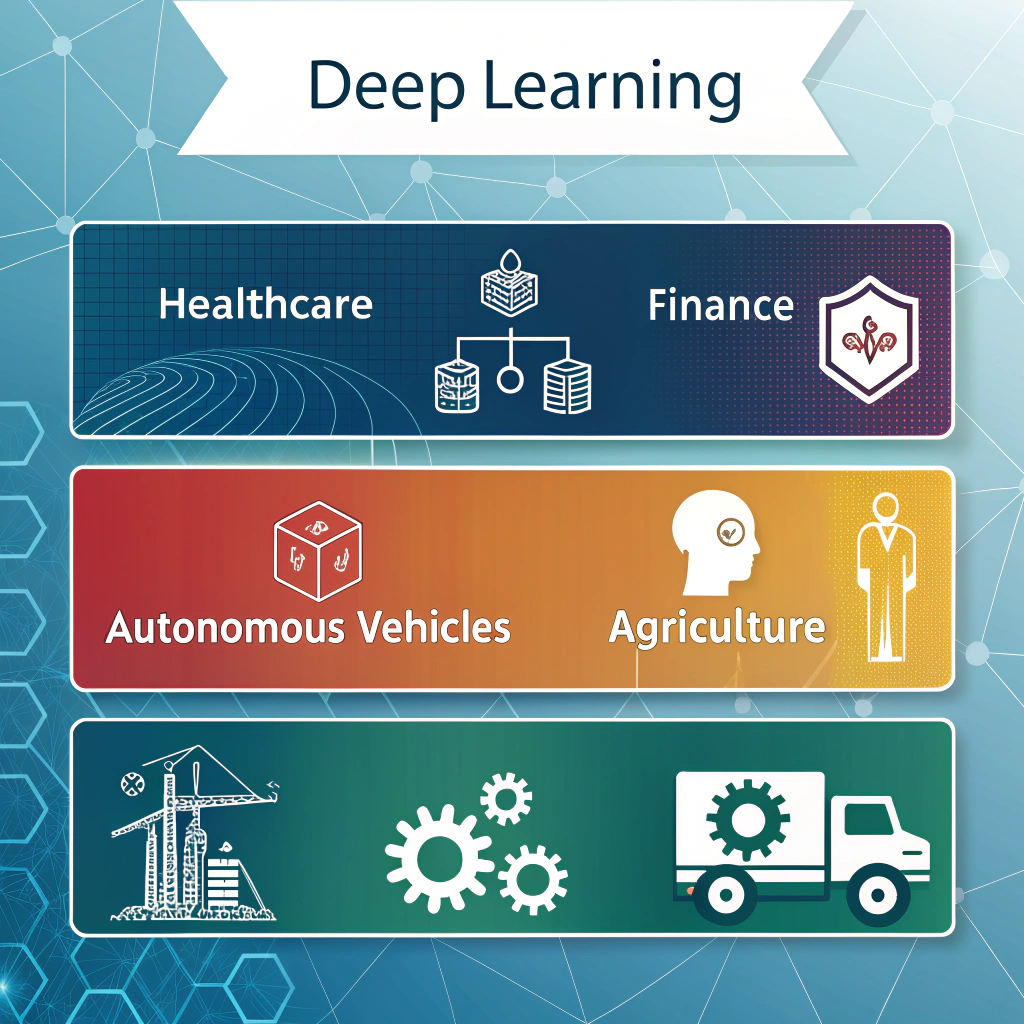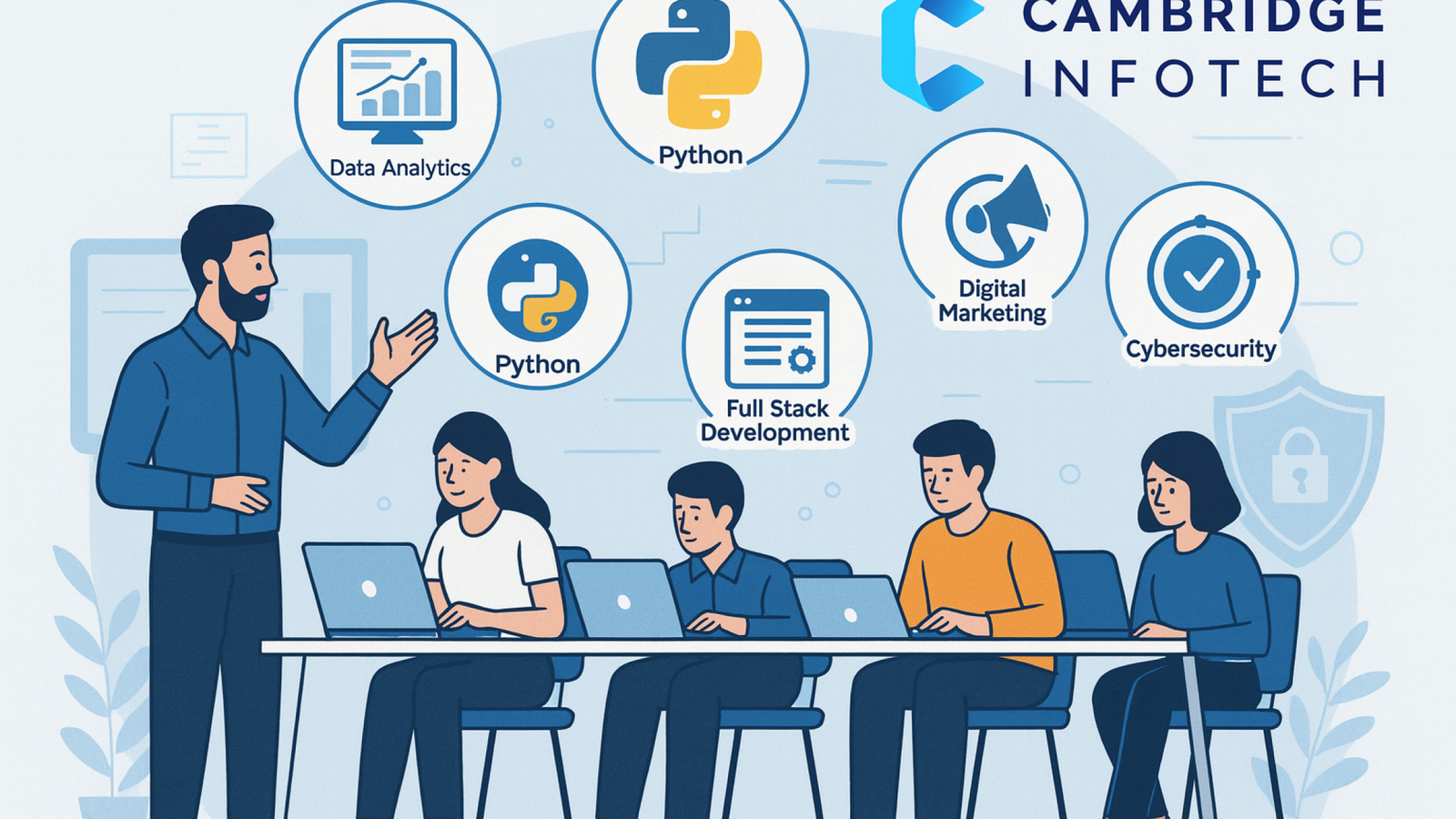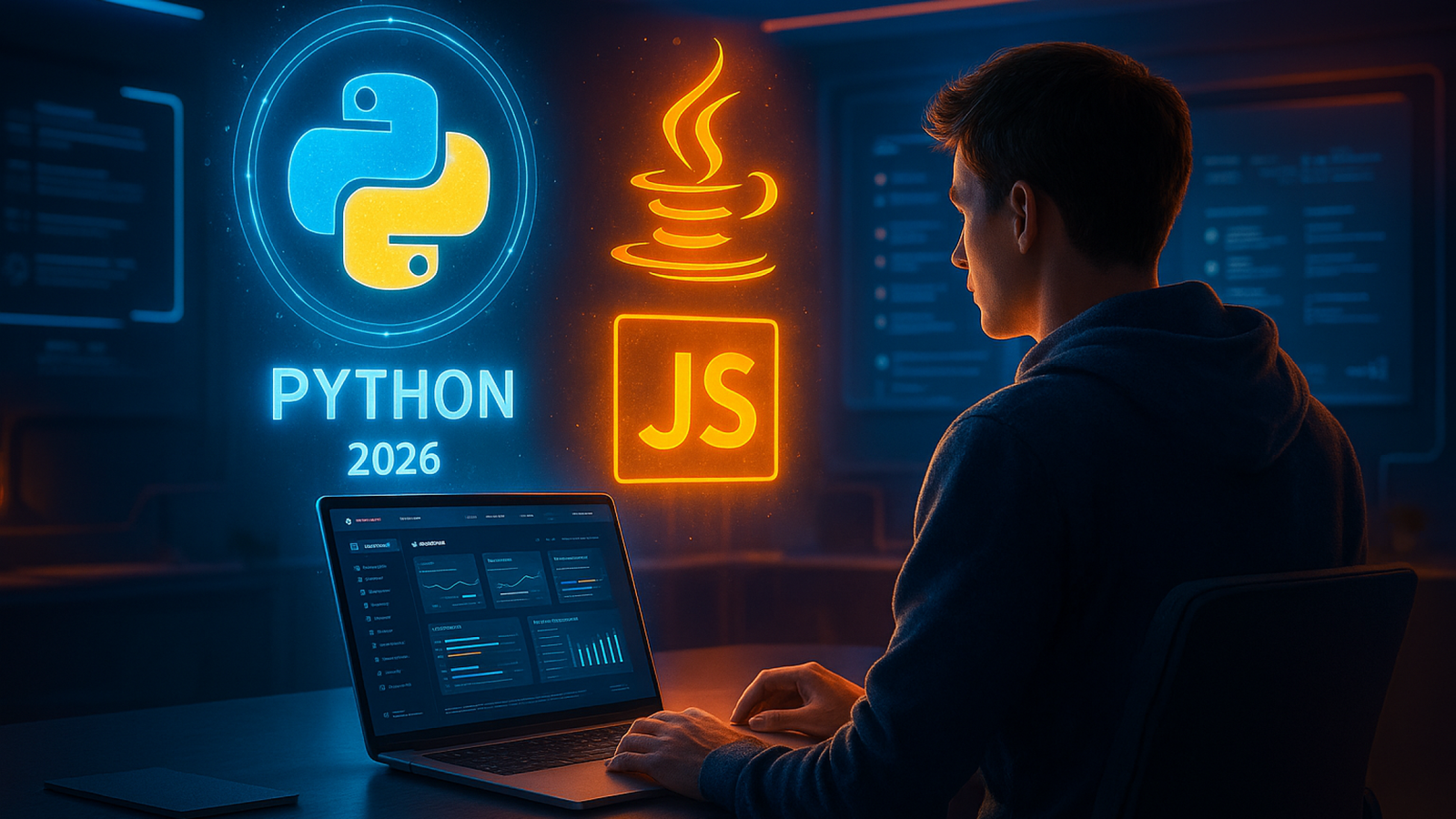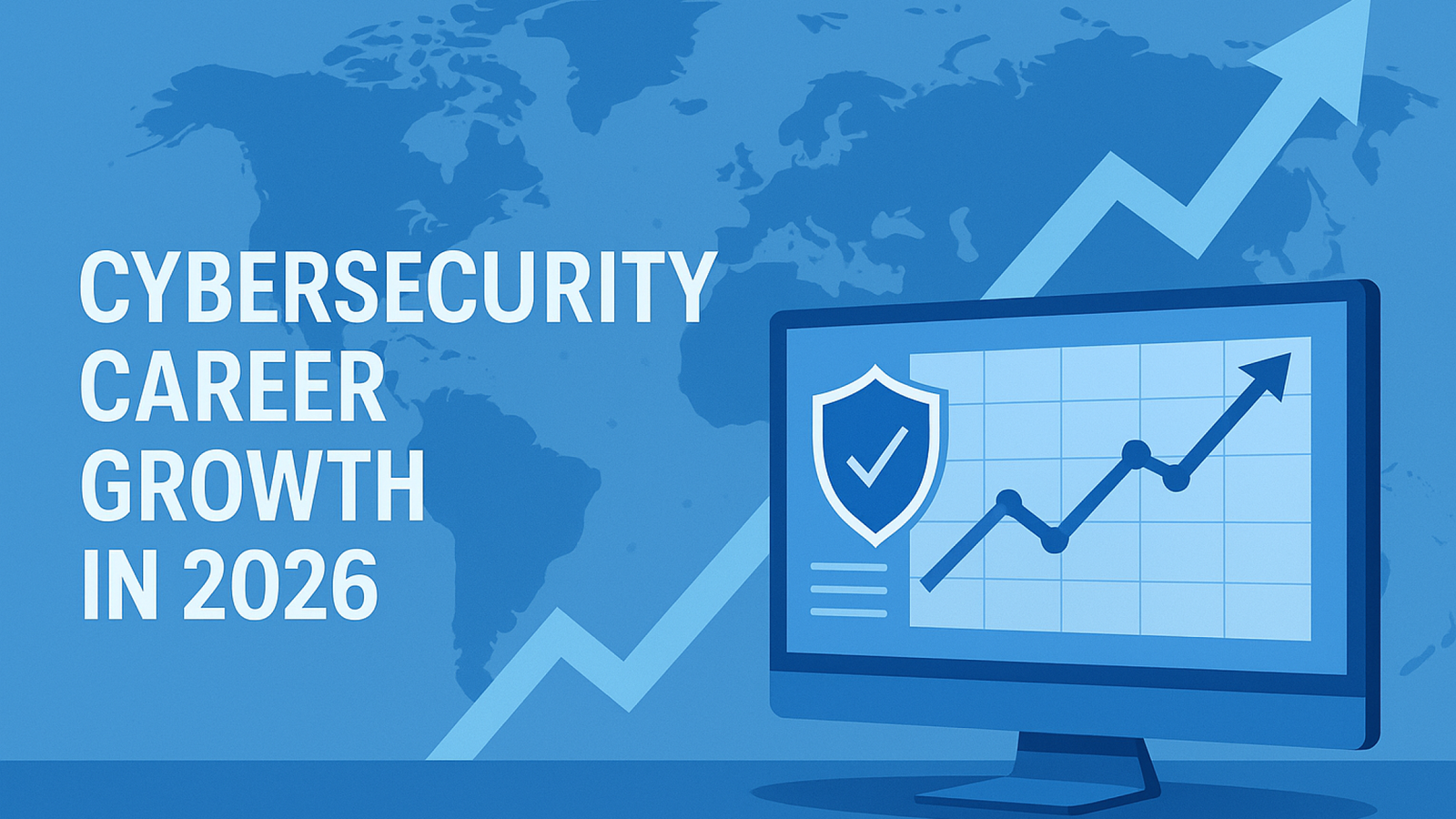The Future of Deep Learning Career Paths and Salary Outlook for 2025
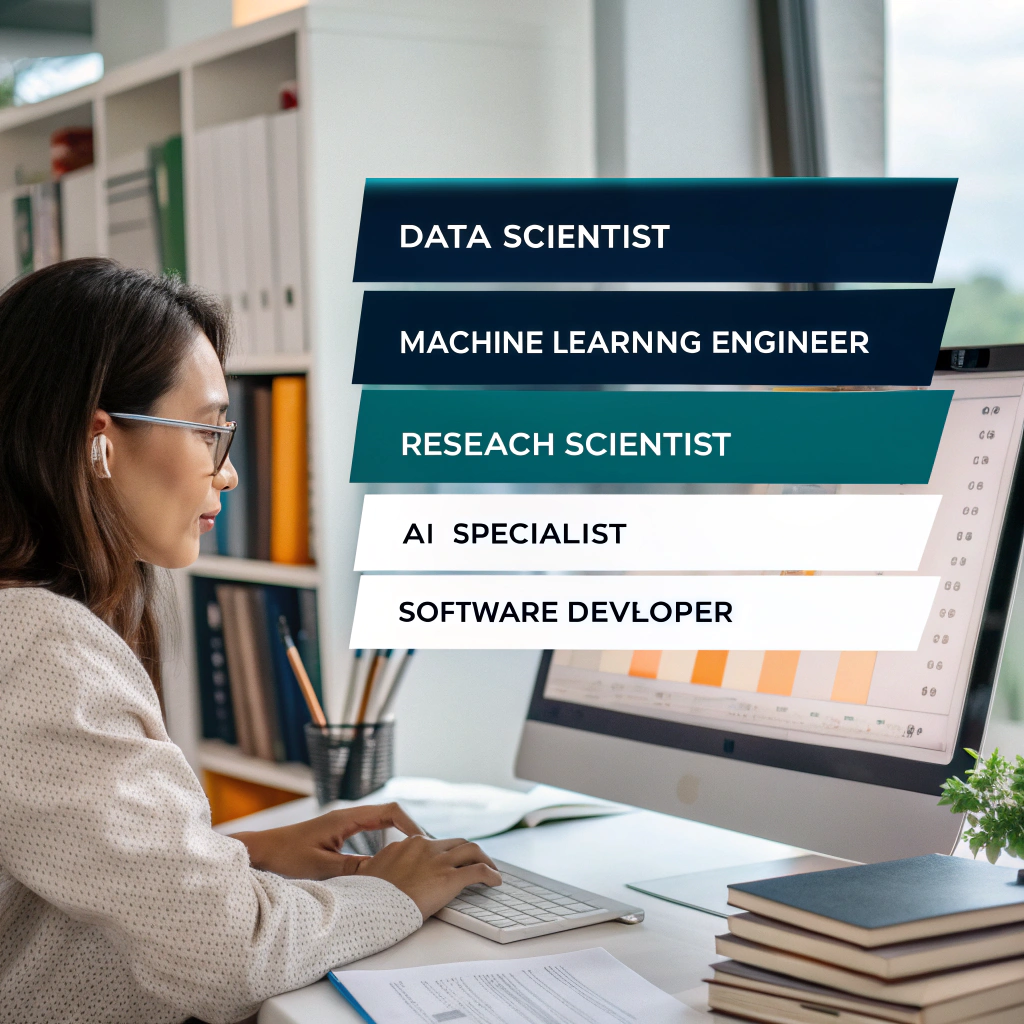
Introduction
We are entering a new era where machines no longer just follow instructions—they learn, adapt, and evolve. At the heart of this transformation lies deep learning, a powerful branch of artificial intelligence (AI) that’s reshaping industries, redefining careers, and revolutionizing the way we interact with technology. From self-driving cars and virtual assistants to medical diagnostics and language translation, deep learning powers some of the most advanced technologies of our time. But more importantly, the future of deep learning is about what’s coming next—and how professionals and students can prepare themselves for the massive wave of change and opportunity.
What is Deep Learning?
Before we understand the future of deep learning, let’s revisit the basics.
Deep learning is a subfield of artificial intelligence (AI) and machine learning (ML) that uses artificial neural networks to analyze large amounts of data. It mimics how the human brain works and learns from patterns, making it ideal for:
Natural Language Processing (NLP)
Image Recognition
Speech Synthesis
Predictive Analytics
Robotics
The future of deep learning lies in its ability to self-learn, adapt, and improve without manual programming—unlike traditional ML algorithms.
The Future of Deep Learning in Real-World Applications
Understanding where the future of deep learning is heading gives us clear career direction. In the next 5 to 10 years, deep learning will dominate several industries:
Real-world Use Cases:
Healthcare: AI-based diagnosis using deep neural networks
Finance: Fraud detection and algorithmic trading
Retail: Visual search and personalized recommendations
Autonomous Vehicles: Self-driving cars use deep learning for navigation and decision-making
Agriculture: Crop disease detection using deep learning image classification
According to PwC, AI and deep learning will contribute over $15.7 trillion to the global economy by 2030.
Career Opportunities in the Future of Deep Learning
Let’s talk about the career future of deep learning—what it looks like, and why it matters.
The demand for deep learning engineers, data scientists, and AI researchers has exploded in the last few years. Companies are hiring aggressively to build smarter products and automate complex tasks.
Opportunities in the Future of Deep Learning:
Healthcare AI Specialist
Robotics Vision Engineer
AI Ethics Consultant
Autonomous Systems Engineer
Deep Learning Research Scientist
The future of deep learning careers is bright—especially in India, where AI talent demand exceeds supply.
Top Industries Embracing the Future of Deep Learning
Understanding which sectors are actively investing in the future of deep learning helps job seekers align their career goals.
Key Sectors:
Healthcare & Biotech
Automotive (Self-Driving Tech)
Cybersecurity
EdTech & eLearning
Finance & FinTech
Logistics & Smart Supply Chain
Media (Video, Voice, and Text Generation)
India’s booming EdTech and healthcare startups are already leveraging deep learning for product innovation.
Emerging Trends Driving the Future of Deep Learning
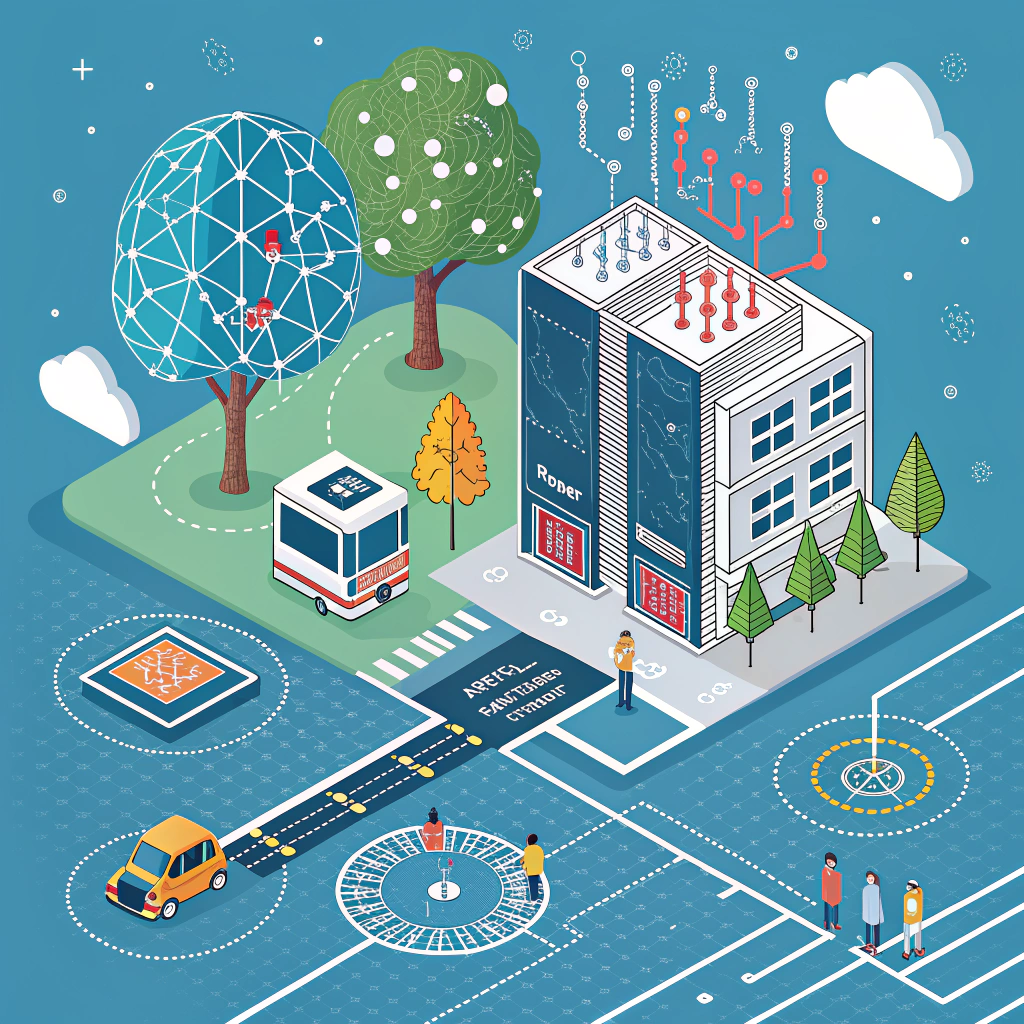 Let’s explore where the future of deep learning is heading from a technological perspective:
Let’s explore where the future of deep learning is heading from a technological perspective:
Key Trends:
TinyML: Deep learning on micro-devices (IoT, wearables)
Federated Learning: Privacy-focused AI training across devices
Explainable AI: Making neural network decisions interpretable
Multi-modal Deep Learning: Combining video, audio, text, and vision in one model (like GPT-4o)
Synthetic Data Generation: Creating training data using AI
These trends show how the future of deep learning will make AI systems smarter, leaner, and more accessible.
Top Job Roles in Deep Learning (2025–2030)
If you’re planning your career for the future of deep learning, these are the job roles to watch:
| Role | Expected Salary (India) | Demand |
|---|---|---|
| Deep Learning Engineer | ₹10–30 LPA | High |
| NLP Engineer | ₹9–22 LPA | High |
| AI Research Scientist | ₹25–50 LPA | High |
| Computer Vision Expert | ₹12–28 LPA | High |
| Applied AI Specialist | ₹14–32 LPA | High |
The future of deep learning careers is financially rewarding.
India Salary Trends:
Freshers: ₹6–10 LPA
Mid-Level: ₹15–25 LPA
Senior Roles: ₹30–50+ LPA
Global Salary Trends:
USA: $120K–$250K+
UK/EU: €100K–€200K
Remote: $80K–$160K (Global AI startups)
Skills to Build a Career for the Future of Deep Learning
To thrive in the future of deep learning, you need a blend of:
Technical Skills:
Python, TensorFlow, PyTorch
Neural networks (CNN, RNN, GAN, Transformers)
Data Preprocessing, ML Pipelines
Mathematics: Linear algebra, stats, probability
Soft Skills:
Research orientation
Curiosity & problem-solving
Cross-functional collaboration
Courses to Learn Deep Learning for Future Careers
To enter the future of deep learning job market, certifications from trusted institutions are crucial.
Best Deep Learning Courses:
Deep Learning Specialization by Andrew Ng (Coursera)
AI for Everyone (Beginner friendly)
Google TensorFlow Developer Certificate
Cambridge Infotech’s AI/Deep Learning Training – View Course
Challenges in the Future of Deep Learning
While promising, the future of deep learning also faces critical challenges:
Lack of transparency (black box models)
Huge data & computing power requirements
Ethical concerns (bias, misinformation)
Cost of training large models
Future Fixes:
Explainable AI (XAI)
Green AI for sustainability
Few-shot and Zero-shot learning
Edge computing to reduce cloud dependency
How India Is Adapting to the Future of Deep Learning
India is playing a key role in shaping the future of deep learning.
Government initiatives like:
INDIAai
Digital India Mission
National Strategy on AI (NITI Aayog)
are creating ecosystems for startups, research, and training. With major cities like Bangalore, Hyderabad, and Pune turning into AI hubs, the deep learning career future in India is stronger than ever.
Deep Learning vs Traditional ML: Career Perspective
| Category | Traditional ML | Deep Learning |
|---|---|---|
| Learning Type | Manual feature extraction | Automated feature learning |
| Use Cases | Regression, classification | Vision, speech, NLP |
| Salary Scope | ₹5–12 LPA | ₹10–30 LPA |
| Industry Demand | Moderate | Very High |
| Future Scope | Limited | Expanding exponentially |
FAQs
1. Is deep learning still a good career choice in 2025?
Absolutely. With the AI market projected to grow 39% annually (Grand View Research), demand for deep learning experts far exceeds supply. Roles like LLM Architects and Multimodal AI Engineers are seeing 90%+ year-over-year growth in job postings.
2. What’s the average salary for entry-level deep learning jobs?
United States: $92,000–$125,000
Europe: €65,000–€85,000
India: ₹12–18 LPA
3. Do I need a PhD to work in deep learning?
Not necessarily. While research roles at OpenAI or DeepMind require advanced degrees, 70% of industry roles prioritize:
Hands-on skills (TensorFlow/PyTorch)
Project portfolios (GitHub, Kaggle)
Certifications (AWS ML, TensorFlow Developer)
4. Which industries pay the highest for deep learning talent?
| Industry | Avg Salary (Senior) | Key Employers |
|---|---|---|
| Tech (FAANG) | $250K–$500K+ | Google Brain, Meta AI |
| Hedge Funds | $300K–$1M+ | Citadel, Two Sigma |
| Automotive | $180K–$350K | Tesla, Waymo |
5. How long does it take to become job-ready?
Self-study: 12–18 months (20 hrs/week)
Bootcamps (e.g., Cambridge Infotech): 3–6 months
6. Will AI replace deep learning jobs?
No. While AI automates tasks, it creates more specialized roles:
AI Safety Engineers
RLHF (Reinforcement Learning from Human Feedback) Specialists
Edge AI Optimization Experts
7. What’s the1 skill employers look for?
Production-level coding (not just notebooks). Master:
MLOps (MLflow, Kubeflow)
Cloud deployment (AWS SageMaker)
Debugging neural networks
8. How do I transition from software engineering to AI?
Upskill: Take our AI Career Transition Course
Rebrand: Highlight transferable skills (Python, APIs)
Network: Attend PyData and MLConf events
9. Are certifications worth it?
Yes, but strategically:
Best for resumes: TensorFlow Developer Certificate ($100)
Best for cloud roles: AWS Certified ML Specialty ($300)
Best for research: Stanford ML Certificate ($1,500)
10. Does Cambridge Infotech offer job placement?
Yes. Our 94% placement rate comes from:
1:1 career coaching
Hiring partner network (32 top AI firms)
Salary negotiation training
Conclusion: Your AI Future Starts Now
The window for entering deep learning has never been better. With industry demand outpacing supply by 3:1, skilled professionals command premium compensation.
Take Action Today:
Assess your skills with our AI Career Quiz
Join our free webinar “Breaking Into AI in 2025”
Explore programs at Cambridge Infotech
Ready to Launch Your Deep Learning Career
Your Next Steps:
Get a Free Career Consultation
Call Us – 099024 61116
Check Out Related Blogs
Best AI Tools for Digital Marketing in 2025 – Stay Ahead with These Game-Changers
How Digital Marketing Can Boost Your Career | Learn & Grow with Cambridge Infotech (2025)
